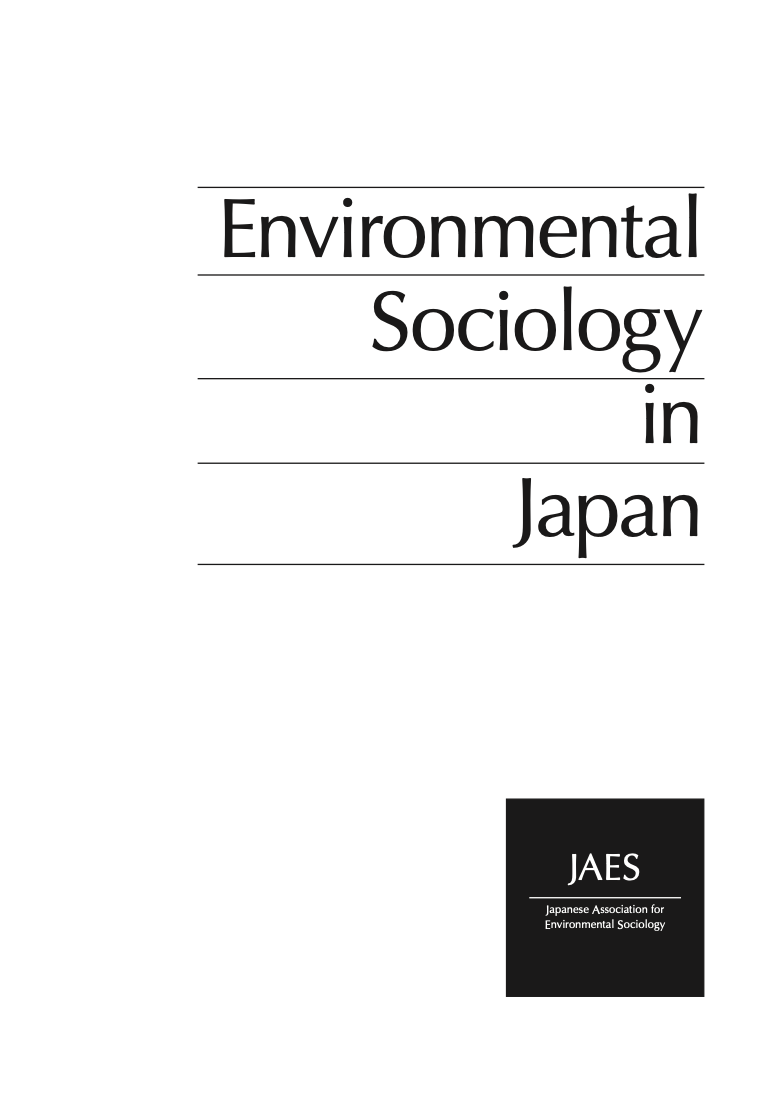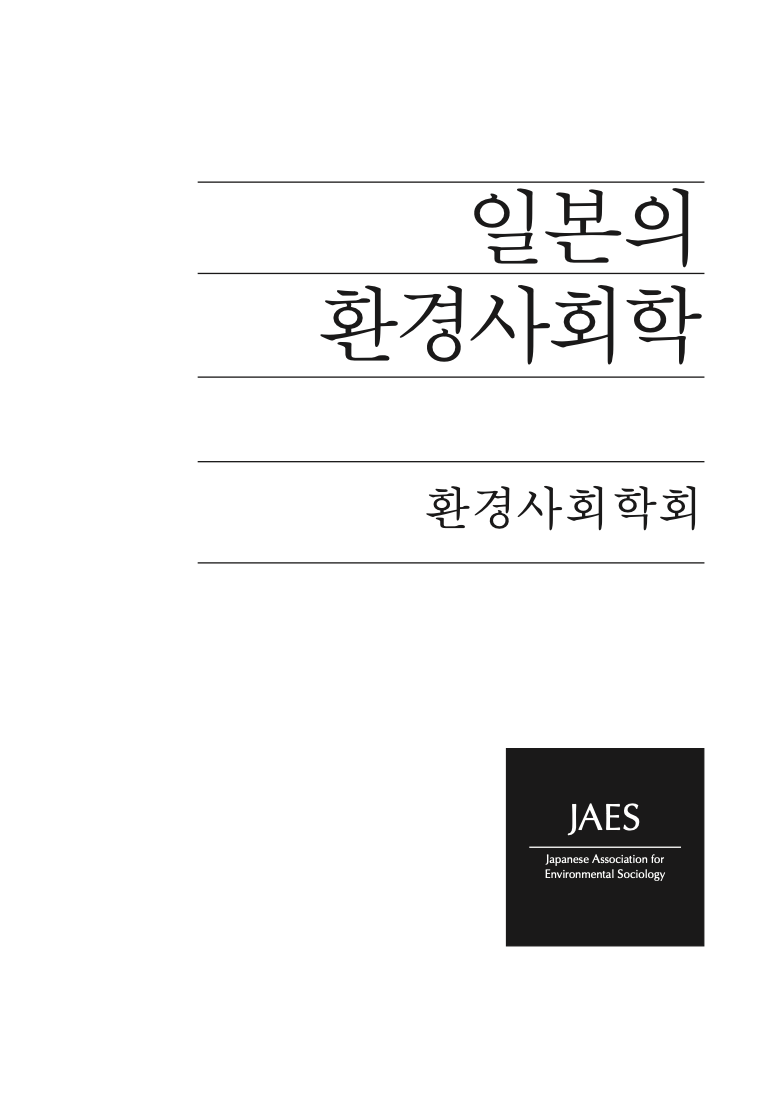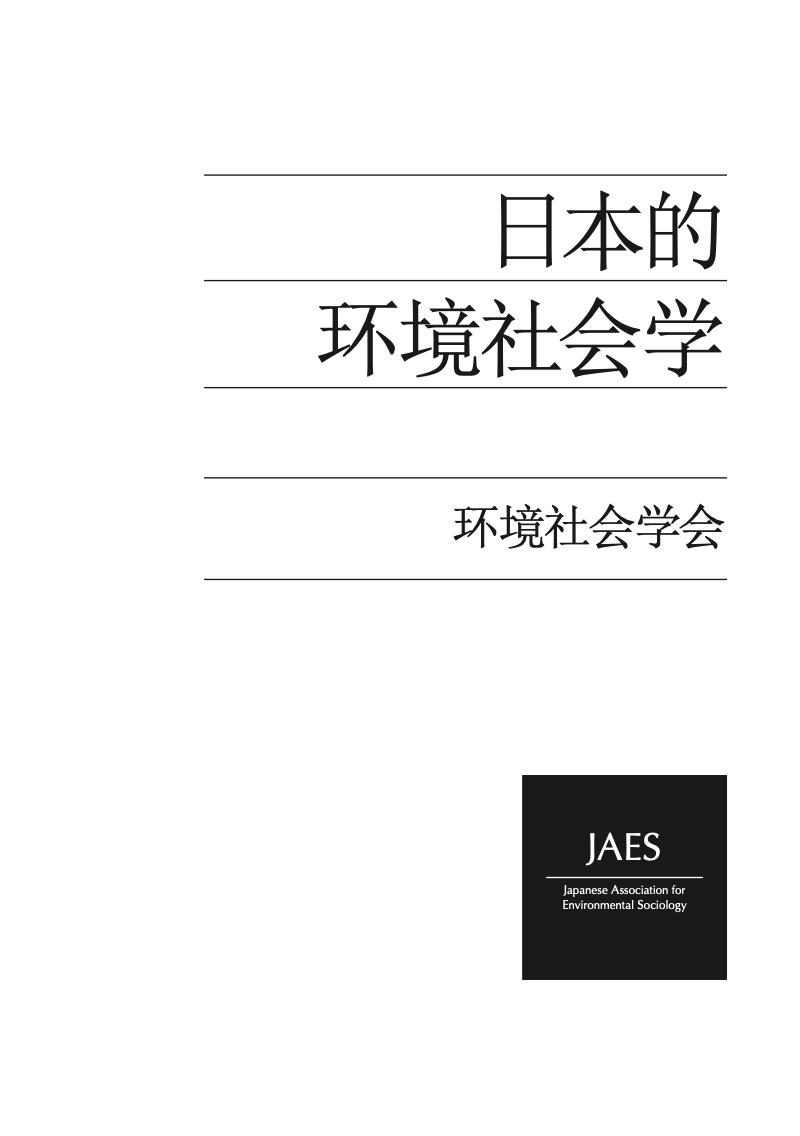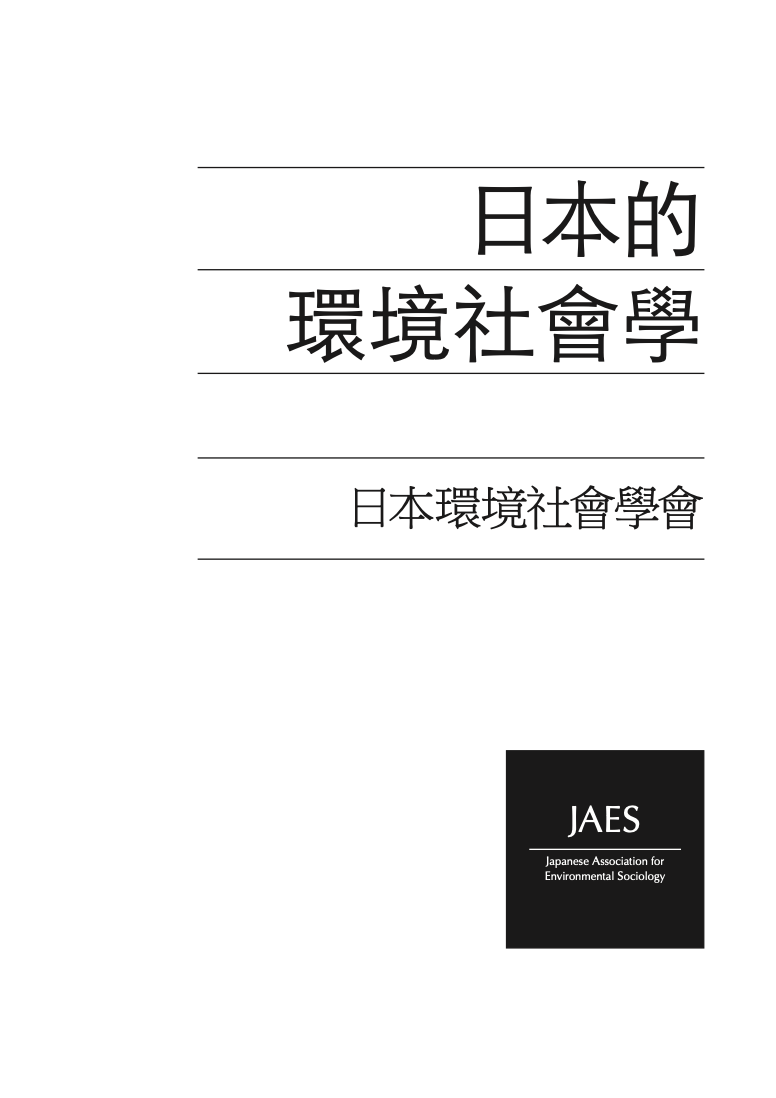Apart from Japan-based seminars, JAES has cooperated with other associations in East Asia.
ISESEA: International Symposium on Environmental Sociology in East Asia
Since the early 1990s, numerous international symposiums have been held in East Asia. Following the successful Beijing conference in 2007, the ISESEA-1 was held at Hosei University in Tokyo, Japan, in November 2008. Leading scholars from across East Asia gathered in/for this 3-day intensive symposium with more than 150 participants. Following the tradition of “the excursion” of JAES, there were field trips to several places where environmental disruptions were pressing issues. This was very well received by the scholars from overseas. Both the symposium and the field trips were very successful.
During the ISESEA-1, it was agreed to hold a Symposium every 2 years (except the ISESEA-2) by taking turns among the environmental sociology associations in Japan, Taiwan, Korea, and China. In fact, a total of 6 ISESEA symposia have been held so far, as follows:
• ISESEA-2: Shinchu, Taiwan (National Tsing Hua University), 2009
• ISESEA-3: Buchon, Korea (The Catholic University of Korea), 2011
• ISESEA-4: Nanjing, China (Hohai University), 2013
• ISESEA-5: Sendai, Japan (Tohoku University), 2015
• ISESEA-6: Taipei, Taiwan (National Taiwan University), 2017
• ISESEA-7: Seoul, Korea (Seoul National University), 2019
• ISESEA-8: to be held in China, 2021
• ISESEA-9: to be held in Japan, 2023
Each ISESEA was unique in content and style, but friendliness, intensive discussion, and field trips are the common features of ISESEA symposia.
ISA-RC24: International Sociological Association, World Congress of Sociology, Research Committee 24, Environment and Society
The members of JAES also contribute to other international associations. In 2014, an ISA Conference was held in Yokohama, Japan, and the members of JAES played an important role in helping organize the meeting. In collaboration with RC24, JAES, the Institute for Sustainable Research, and Hosei University hosted a 2-day pre-congress conference entitled “Sustainability and Environmental Sociology”. Remarkably, Professor Koichi Hasegawa became the first Asian president of RC24 during 2014-2018.





